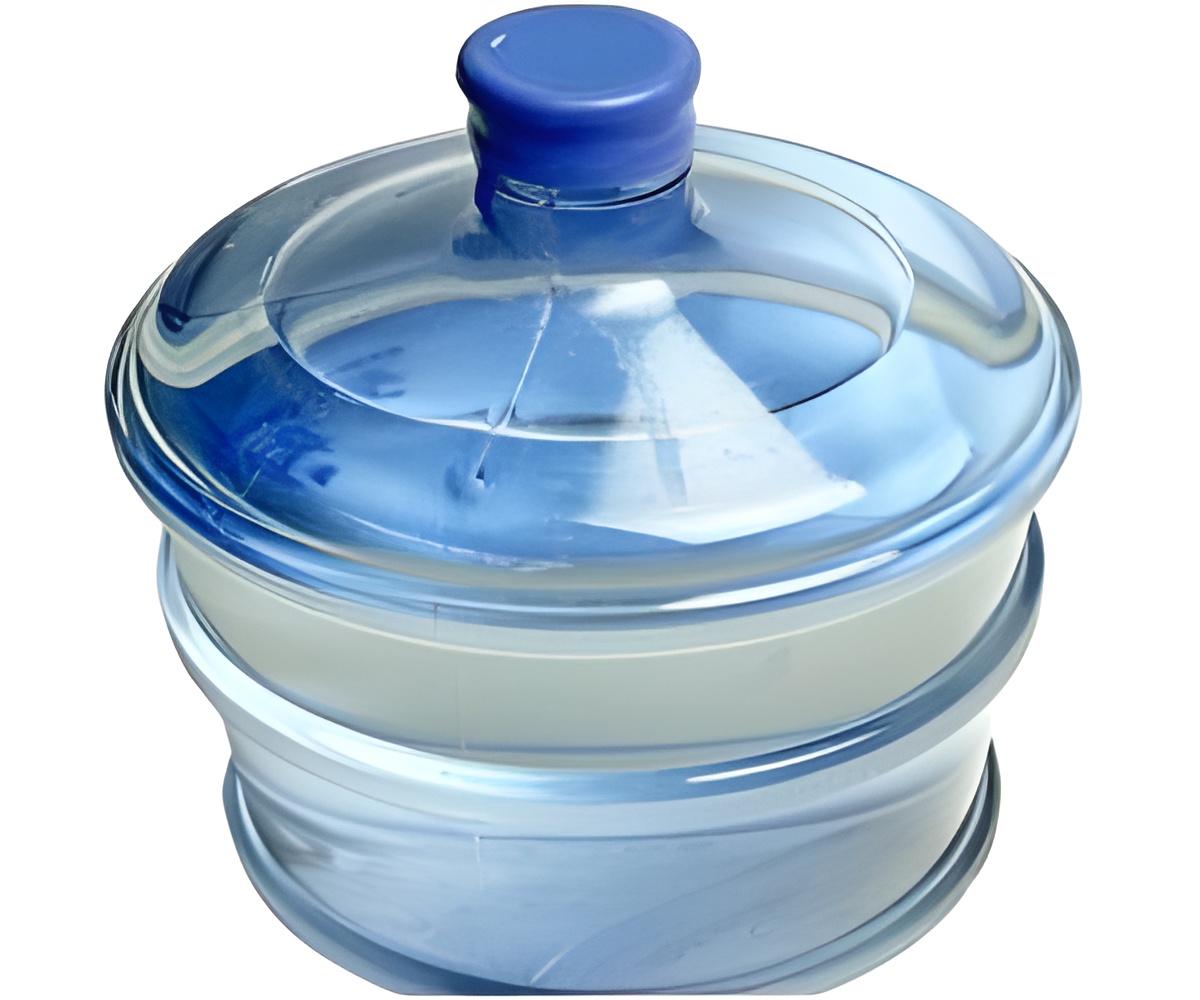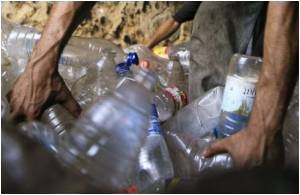Exposure to bisphenol A (BPA) during pregnancy can cause oxidative stress in both the mother and offspring, that increase the risk of developing diabetes or heart disease later in life.

Oxidative stress occurs when the body is exposed to high levels of free radicals, highly reactive chemicals that have the potential to harm cells when the body processes oxygen, and the body cannot neutralize the chemicals quickly enough to correct the imbalance.
Senior author, Vasantha Padmanabhan, said, "This study provides the first evidence that BPA exposure during pregnancy can induce a specific type of oxidative stress known as nitrosative stress in both the mother and offspring. Oxidative stress is associated with insulin resistance and inflammation, which are risk factors for diabetes and other metabolic disorders as well as cardiovascular disease."
During the study, researchers analyzed blood samples from 24 mother and infant pairs to examine the effects of BPA exposure. Blood samples were collected during the first trimester of pregnancy to measure the BPA levels in the pregnant women. These women were divided into two groups- those who had lower levels of BPA in their blood, and those who had higher levels. Blood samples from the umbilical cords were collected after the babies were delivered. Researchers then measured the amount of chemical byproducts created by oxidative stress. The blood analysis revealed that mothers exposed to higher levels of BPA and their infants showed signs of oxidative stress caused by overexposure to nitric oxide-derived free radicals and had larger amounts of byproducts caused by this type of oxidative damage in their blood. Researchers also studied the effects of BPA in pregnant sheep, rats and mice and found that the results corroborated the results in the human study.
Dr. Padmanabhan said, "Whether or not BPA is harmful to human health has been vigorously debated. These findings demonstrate that more studies like this one are needed to determine the disease risk of exposure to BPA. In the interim, these results indicate that pregnant women should minimize their exposure to BPA to safeguard their babies and themselves from oxidant injury."
Source-Medindia















